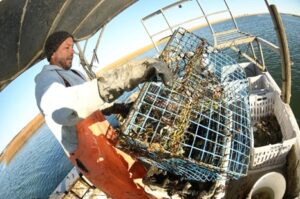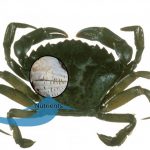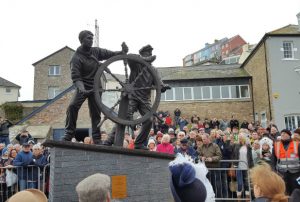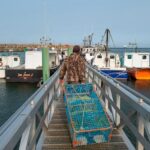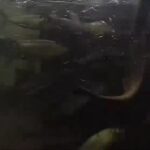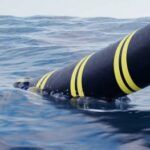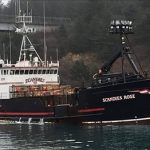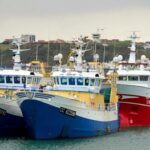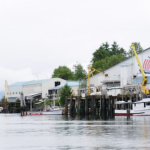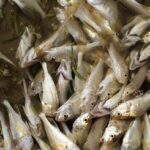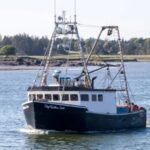Tag Archives: cod wars.
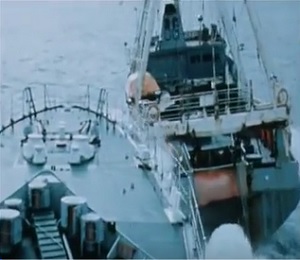
Fighting for Fish – The Cod Wars and Today: Lessons from an Almost War
Not once, but three times in the 20th Century, cod was almost the causus belli between Iceland and the United Kingdom in a string of events referred to collectively as the “Cod Wars.”1 The Cod Wars, taken together, make clear that issues of maritime governance and access to maritime resources can spark inter-state conflict even among allied nations. Fishing rights can be core issues that maritime states will vigorously defend. The First Cod War started on September 1st, 1958. Icelandic coastguardsmen sought to arrest and impound any British trawlers within their new 12-mile limit. >click to read< 09:59
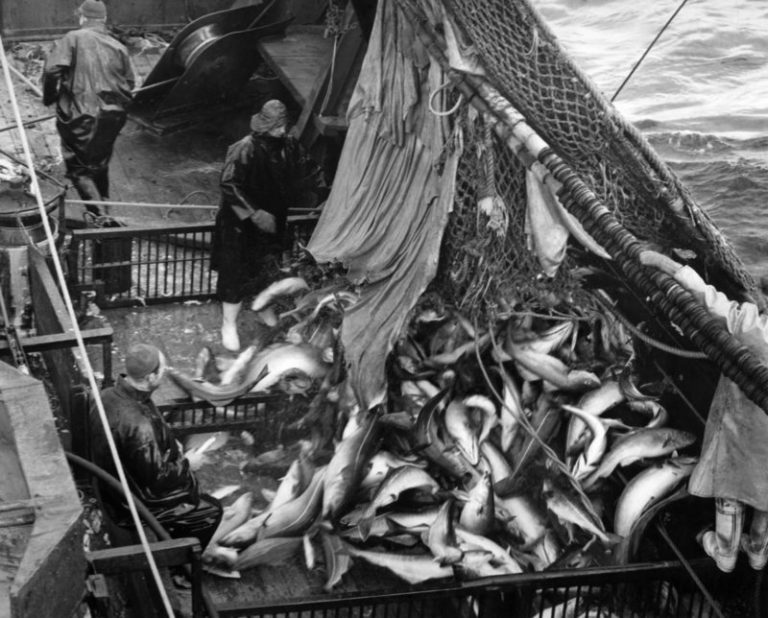
How Iceland Beat the British in the Four Cod Wars
In Icelandic, they were known as Þorskastríðin, “the cod strife,” or Landhelgisstríðin, “the wars for the territorial waters.” In English, they were simply “the Cod Wars.” Between the late 1940s and 1976, the two island nations of Iceland and the United Kingdom all but declared war—despite the fact that there were almost no casualties, and the former had no army. In the frigid waters between these two nations, four confrontations took place between Great Britain, a world superpower, and Iceland, a microstate of just a few hundred thousand people. Each time, Iceland won. And it all happened because of cod—and the right to fish it. These were the Cod Wars. >click to read<08:56
“Fish Wars” or a Regime Shift in Ocean Governance? Nils E. Stolpe
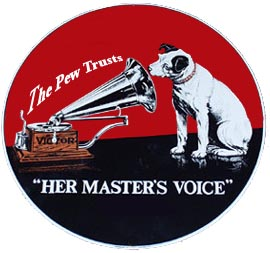 The reasons for Big Oil’s (now more accurately Big Energy’s) focus on fisheries – and on demonizing fishing and fishermen – has been fairly obvious since a coalition of fishermen and environmentalists successfully stopped energy exploration on Georges Bank in the early 80s. Using a handful of ocean oriented ENGOs as their agents, the Pew Charitable Trusts and other “charitable” trusts funded a hugely expensive campaign that the domestic fishing industry is still suffering from, but that campaign has paid off handsomely to the entities that participated in or funded it.,, If anyone wonders why one of the founders of Microsoft might be interested in supporting research by Daniel Pauly, from an article in the NY Times last week,,, and retired admiral and Chairman of the Board of the U.S. Naval Institute James G. Stavridis had a column in the September 14 Washington Post titled The Fishing Wars Are Coming. click here to read the article 14:48
The reasons for Big Oil’s (now more accurately Big Energy’s) focus on fisheries – and on demonizing fishing and fishermen – has been fairly obvious since a coalition of fishermen and environmentalists successfully stopped energy exploration on Georges Bank in the early 80s. Using a handful of ocean oriented ENGOs as their agents, the Pew Charitable Trusts and other “charitable” trusts funded a hugely expensive campaign that the domestic fishing industry is still suffering from, but that campaign has paid off handsomely to the entities that participated in or funded it.,, If anyone wonders why one of the founders of Microsoft might be interested in supporting research by Daniel Pauly, from an article in the NY Times last week,,, and retired admiral and Chairman of the Board of the U.S. Naval Institute James G. Stavridis had a column in the September 14 Washington Post titled The Fishing Wars Are Coming. click here to read the article 14:48
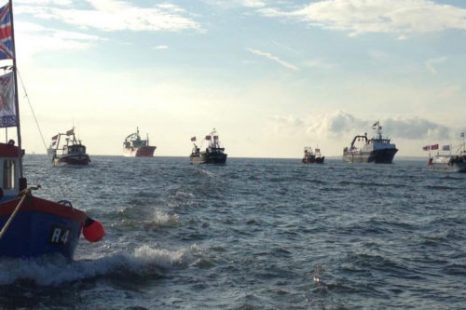
Medieval Histories – Medieval Cod Wars 1415 – 2017
In the 15th-century long-distance fishing appeared as one of the first global industries. Then – as now – huge political and economic interests were at stake; often leading to war. Medieval fishing in the North Sea has for a long time been an important topic for a group of historians, archaeologists and scientists led by J. H. Barrett, Reader in Medieval Archaeology at the University of Cambridge. Being an archaeologist, this has resulted in significant accumulation of valuable knowledge as to how and when the fishing trade in Northern Europe exploded; and how it successively played out. (this is an interesting read, Fast forward) And so it went for centuries with more than ten officially registered “cod wars”. According to the received history, the last two of these began immediately after WW2, when Iceland gained its independence from Denmark.,, Cod Wars Post Brexit,,, click here to read the story 19:19
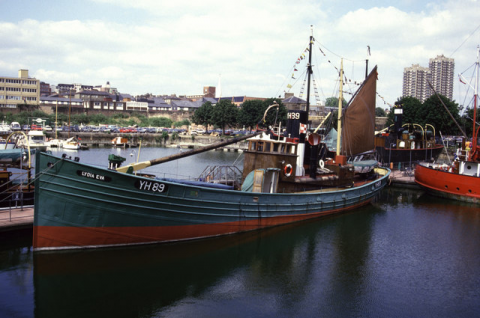
Could the Harp be the Next Tourist Attraction? Christopher Mitchelmore
On September 17th, 2012 I had visited VIKIN Maritime Museum situated on the waterfront of the old harbour in Reykjavik, Iceland. It had impressive displays of boats, engines, gear and equipment. Exhibits outlines the process of drying cod-fish on flakes and lines, as well as the transition to on land processing of fresh and frozen product,,,,,,,,,,Read More!
What a great report frm this young fella from rural Newfoundland & Labrador. Great links and the Google Map showing the Continental Shelf is real cool!
http://liveruralnl.com/2012/10/13/could-the-harp-be-the-next-tourist-attraction/#comment-1552

































